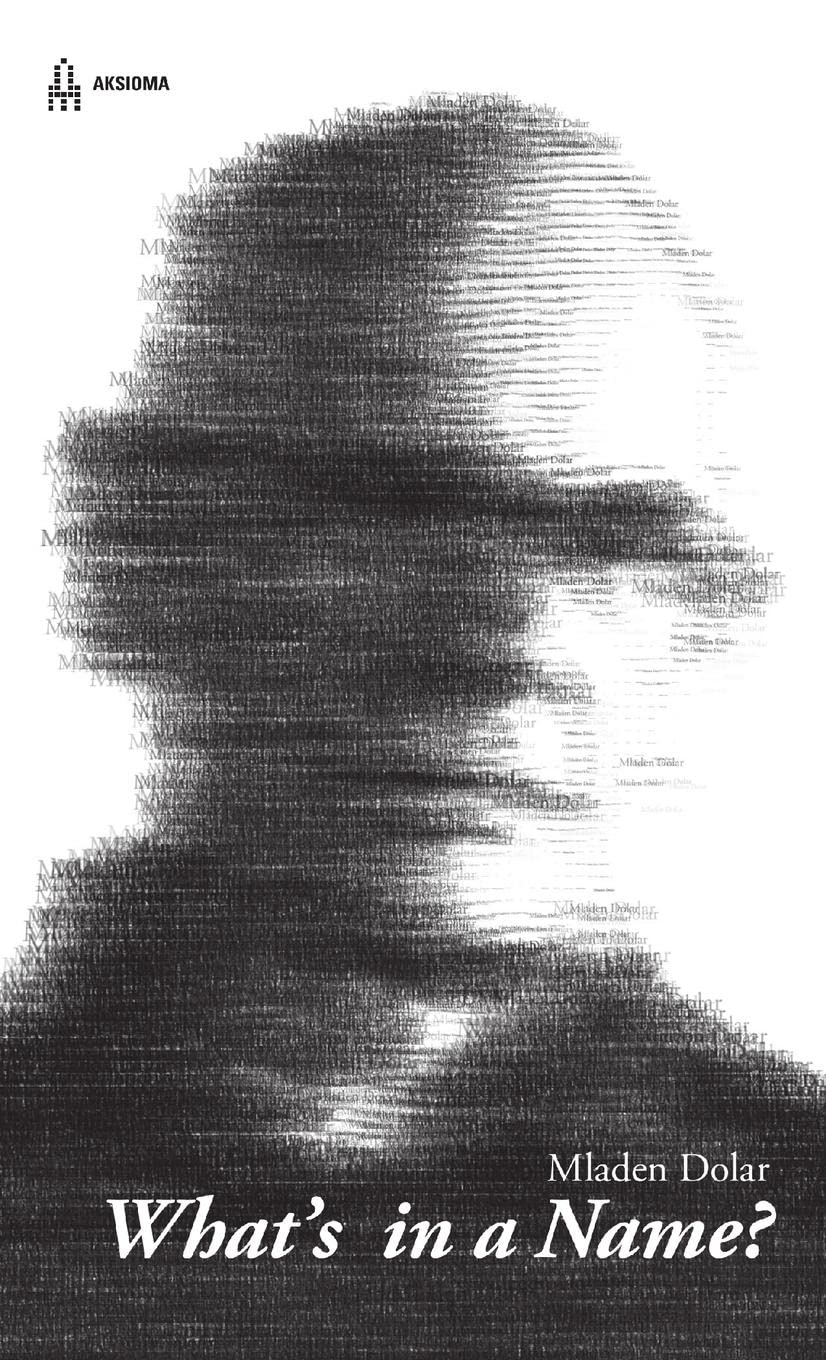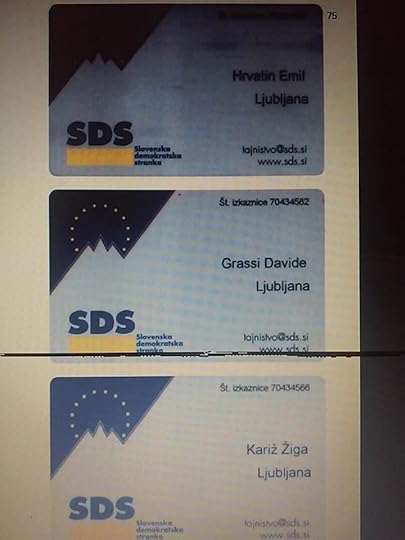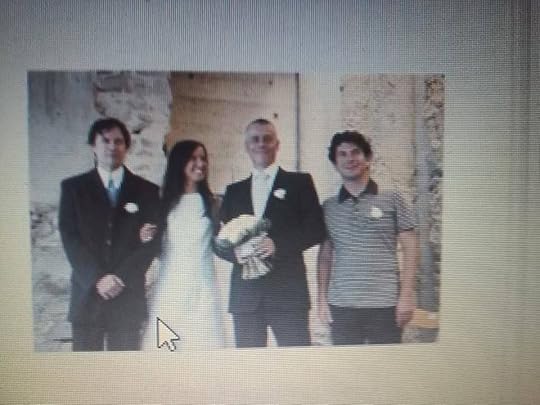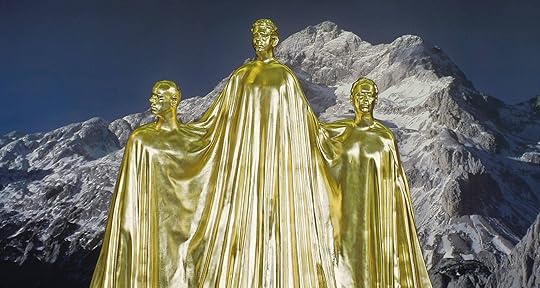What do you think?
Rate this book


64 pages, Paperback
First published January 1, 2014







"If names had been given by some divine instance, by gods, where does the name for gods come from? why are gods called gods?
The artists' project was Platonic in its assumptions, and so was the reaction. The Janša's party, SDS (Slovene Democratic Party) was highly disconcerted by this move ...why would they fear the copies of the copy?"